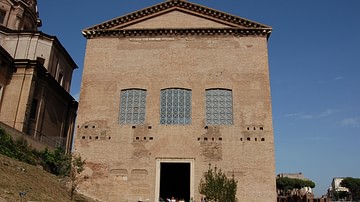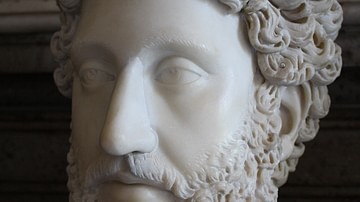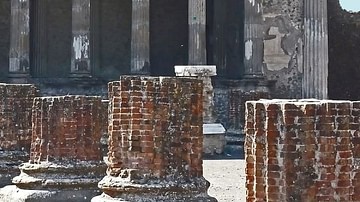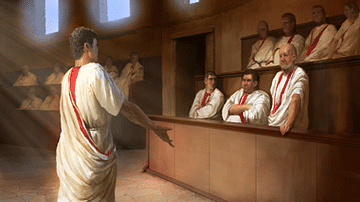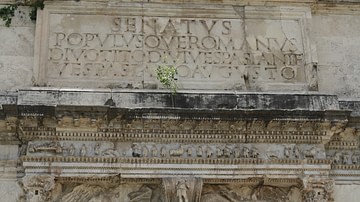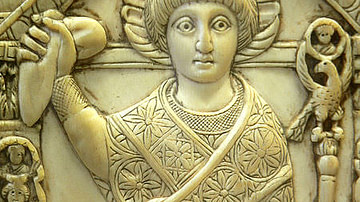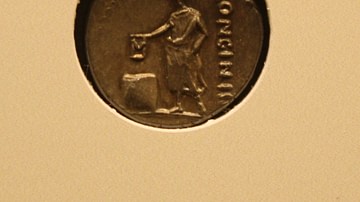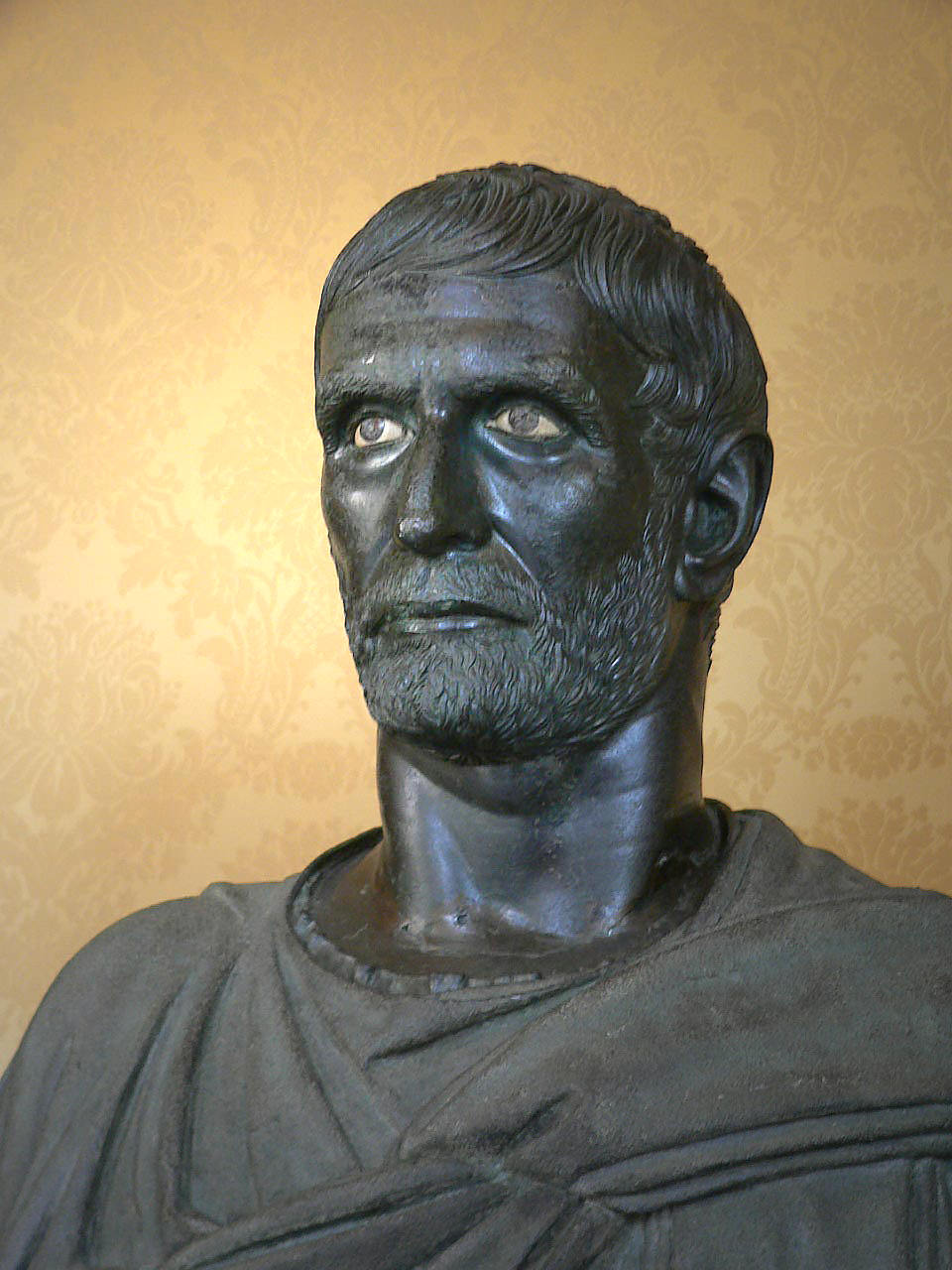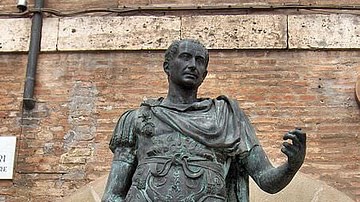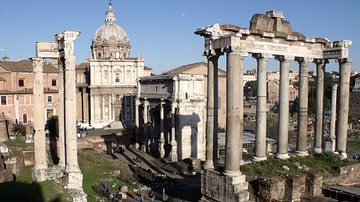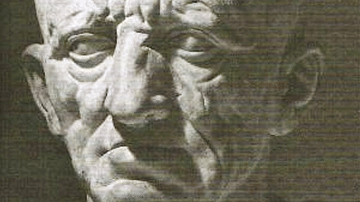Roman government revolved around the Roman Senate with its body of aristocratic citizens who distinguished themselves from everyone else with their titles, purple-striped togas, senatorial rings and even special shoes. Senators held the key public offices and many would command provinces and armies. Figures such as Julius Caesar and the emperors who followed would diminish the Senate's role, but it would remain an influential body throughout Rome's long history. There were, too, the popular assemblies that enacted legislation and an army of magistrates who enforced it. In addition, courts interpreted the huge body of laws which went back to the Twelve Tables and included countless amendments, cases and imperial edicts.
In this collection, we examine the changing role of the Senate, the fine details of Roman law-making, and some of the key magisterial positions like the aediles and quaestors who controlled every facet of a Roman citizen's civic duties, from paying tax to participating in religious festivals.
During the time of the Republic, these various assemblies were the voice of the citizens of Rome, and although not fully democratic in the modern definition of the word, they allowed at least some portion of the Roman citizenry to be heard. Their essential role in Roman government was crucial enough that the army inscribed on their military standards the letters SPQR - Senatus Populusque Romanus or Senate and Roman people.
